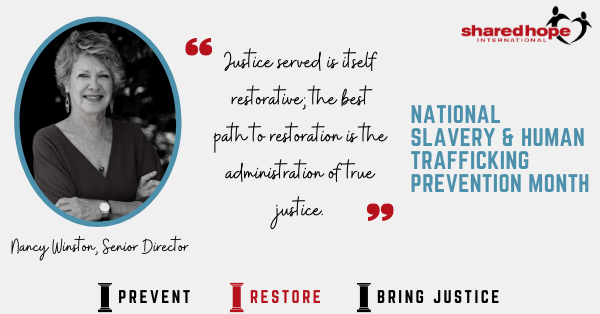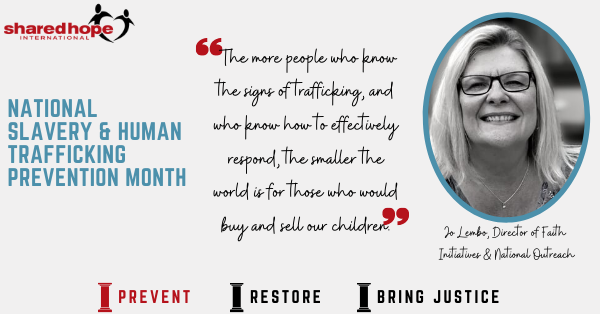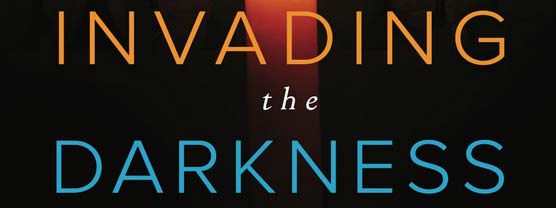Part of the role of parents to effectively protect their kids is to know what is being taught in your school, and what your child is exposed to. That begins with your involvement in your child’s classroom however you are able.
- Ask your child’s teacher how you can volunteer in the classroom. (Hint: Gramma or Grampa may be willing to fill this role as a volunteer.)
- Attend PTA or PTO meetings regularly and take notes.
- Always meet with your child’s teacher on Parent-Teacher Night.
- Ask to be on a textbook review committee.
- Be aware of what sex education curriculum is being taught. Some titles sound great…but aren’t appropriate for school-aged children.
- Find out what social media protocols and guidelines look like.
Example: Ask if smartphones are allowed to be used in a bathroom at school, and what porn filters on public computers are in place throughout classrooms and the library.
Through the school year, your child’s teacher becomes very familiar with each child. Be sure they have materials with the signs of trafficking to watch for: https://sharedhope.org/takeaction/report-trafficking/
Other ways you can help:
- Teach children there is safety in numbers! That maxim is true not only in person but also on social media.
- Teach students to only accept conversations online with those that they know personally (have they met them in person). Tell kids, before they talk to someone, they should ask themselves: “Do you know where they live, and where they go to school?”
- Do not trust friends of friends!
Predators troll the Internet looking for telltale signs a youth may be vulnerable:
- I hate my parents, I want to run away.
- My curfew is stupid. They treat me like a baby.
- Nobody understands me. I hate school.
- My boy/girlfriend just broke up with me. I wish somebody loved me.
- I wish someone would take care of me. Life sucks.
- Nobody’s ever around. No one listens to me.
- I wish I was popular.
- I want to have sex.
- I wish I could ask someone about these things.
As parents or guardians, we want our children to talk to us. But the reality is they may be more comfortable discussing their feelings with a trusted teacher, a friend’s parents, or another adult they trust. Give your child permission to speak to someone other than yourself when they don’t feel comfortable discussing something with you.
Show them a copy of How to Identify a Safe Adult and agree on who they can trust and why. Connect with that person and your child to lay a foundation of communication.
Be aware of after-school activities and oversight
- Who is providing oversight and protection?
- Know details about the specific activities in the community (after school sports, outings, field trips, extra-curricular clubs).
- Who’s providing supervision for the participants and what protocols are in place?
- Keep in mind the outline of what a safe adult looks/acts like, and what a predator looks/talks like. Help children understand they can walk away and ask for help if they feel uncomfortable or threatened.
- Most predators become familiar and build trust. They take their time to breach boundaries, all the while being a friend to the child. Be sure your child knows “how to be rude to nice people.”
Be aware of why DMST flourishes in sheltered environments such as private schools, church/parochial schools, homeschooled audiences, and rural communities:
Familiarity breeds a false sense of security When everyone knows everyone, trust is often assumed. Adults feel other adults and older teens are just like them and would ‘never’ think of a child in that way.
Be aware of the rise in pornographic exposure to younger and younger children, psychologists are warning about child-on-child sexual assaults. Unfortunately, this is often a child acting out what they’ve seen in pornography. Defending Young Minds is one of our favorite resources for protecting children.
We’ve all read the news stories where some horrific thing happened, and the neighbors all said, “They were so nice all the time. We never would have suspected this!”
Without causing fear, educate your children about body boundaries. What is and isn’t okay. How to tell a person “NO” firmly, then run away, and tell their safe adult.
Remember the swimsuit rule? It needs to be modified because it’s no longer enough to tell a child that no one should touch the parts of your body that a swimsuit covers. Why?
Because predators are often known to the child, they have access to them (offering to tutor them, give music lessons, take them on outings, or babysit) They may begin by stroking their hair, holding their hand, holding them on their lap or rubbing their back. When the child becomes accustomed to that attention, the predator will try to separate them from others and give them special attention by buying them special gifts offering them special outings. And then the child becomes accustomed to being alone with them and something happens…
Train your child that we don’t keep secrets.
We keep happy surprises (like what we bought Daddy for Christmas) but we share those at just the right time, and everyone likes it.
ALWAYS tell me if someone tells you not to tell. Or if they tell you “this is a secret for just you and me.”
They may be threatened.
No one will believe you. You wanted me to do that. This is your fault.
Understand that when survivors of human sex trafficking are asked; “What is one thing that could have helped you from falling into this trap?” The answer often includes that they were “just looking for someone that would listen to them.”
That is the gap the predators are taking advantage of and how they manipulate and lure our children in. And they are masterful at the deceptive tactics they use. They discover the child’s hopes and dreams, hurts and needs. Then they devise a personality that meets those needs. Their initial encounters are to build trust and are generally not sexually overt in nature. Over time, they erode boundaries, build dependency, and erode the normal safety net of family and friends.
Understanding what to look for, and where to go for help, will keep your child safer!









